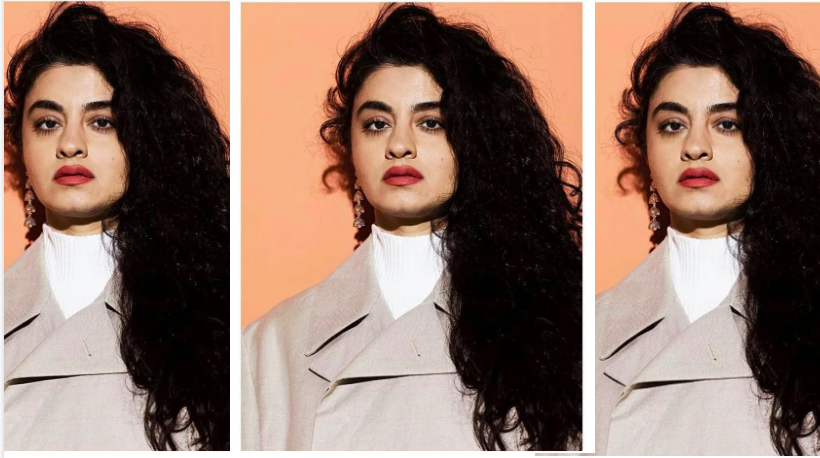Samra Habib is a queer Muslim activist, photographer, and writer. She is known for being the founder and photographer of Just Me and Allah: A Queer Muslim Photo Project, and for her work as a journalist. Her work has been featured in the New York Times, Guardian, Vice, Elle Canada, National Post, and more.
Recently, Habib’s memoir, We Have Always Been Here, was published by Viking Penguin. The memoir describes her experiences growing up and evolving into her true self in a world that refuses to see her. The story begins with her childhood as an Ahmadi Muslim, a minority in Pakistan, and the difficulties her family faced because of that. It continues by relating her experience as a queer Muslim person of color in Canada and coming to terms with her identity and the prejudice and racism she faced.
Brown Girl had the opportunity to talk to Habib about her memoir and learn more about her experience.
[Read More: Samra Habib Tells a Queer Muslim Story]
Why did you decide to write this memoir, and how did you find the bravery to be so honest about all of your experiences – even the traumatic ones?
I hadn’t really read about experiences like mine and wondered if other people who have had similar experiences might find it comforting to connect with how I have navigated life. I try to live my life with bravery and make decisions that will give me a new insight into myself. Writing this book did that in many ways, I felt like I met myself for the first time.
The memoir opens with a James Baldwin quote, can you discuss the reason you chose that quote and what it means to you?
To me, it speaks to the fact that no matter where your life takes you, you carry the remnants of your origins with you. It tints the lens through which you view the world.
You briefly touch on the differences between first-generation and second/third-generation immigrants. Can you expand on how you feel your experience as a first-generation immigrant may have given you different challenges than those of second and third immigrants?
In many ways, I didn’t have a guide to how to navigate life in a new country like people who are second and third generation might. I didn’t have the comfort of being guided by parents who knew how the system worked, in fact, I had to explain things to them while learning for the first time.
How do you think the queer community can make space for queer Muslims and queer people of color?
By listening and questioning why there is an absence of folks of colour in spaces they occupy if that is the case.
You happen to have quite a few identifying terms, such as immigrant, Muslim, and queer. What is identity to you, and do you find value in these kinds of labels?
Being an immigrant who is queer and Muslim shapes who I am and it’s important for me to acknowledge those identities in order to understand how I process everything I come into contact with. They are the lens through which I see the world and navigate life.
Throughout your story, you discuss the idea of guiding younger people. If you had to summarize advice for young queer Muslims in a few sentences, what would you tell them?
Every experience in life is an opportunity to learn and do better. Get to know your boundaries and communicate them. Fall in love with yourself before falling in love with others.
[Read More: No, I’m not Into you: the Struggle to Find Female Friends as a Queer Person]
Habib’s work as an activist is inspirational and her ability to advocate for queer Muslims through creative outlets is incredible. We are so thankful for the work she has done so far, and we can’t wait to see her future projects.





